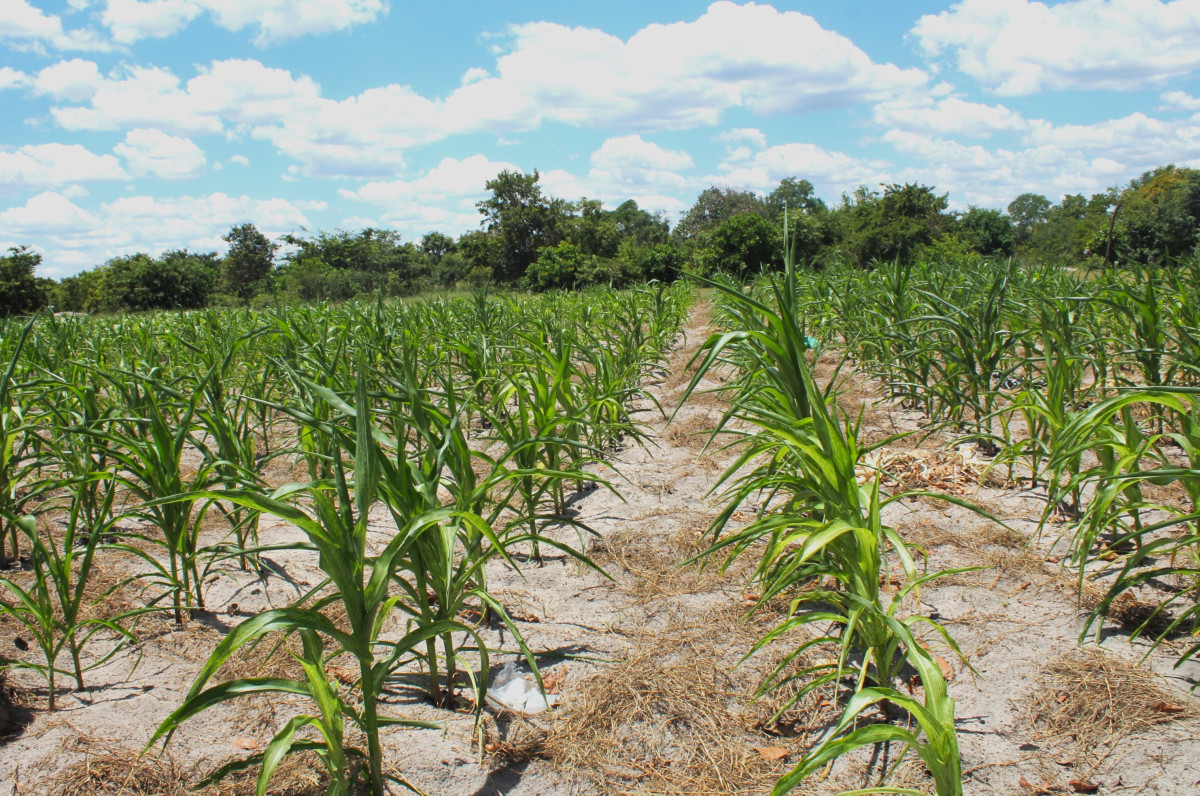Earth Day is Everyday: Championing Climate Resilience and Nature Conservation in Zambia
Published: Apr 18, 2024 Reading time: 2 minutes Share: Share an articleIn Western Province, Zambia, we help vulnerable communities adapt to climate change while conserving vital ecosystems.

We understand climate resilience as the capacity of social-ecological systems and their human components to anticipate and absorb external shocks and stresses while maintaining the ability to adapt and transform toward low-carbon societies. At the same time, we recognise that climate change and environmental degradation disproportionately impact those relying on natural resources; consequently, we have made climate resilience a core focus of our work.
One of our flagship initiatives is the "Enhancing Livelihoods Opportunities through Ecosystem Protection" project. This project is implemented in partnership with WWF and supported by Jersey Overseas Aid. Together, we promote self-reliance among local communities while safeguarding the unique Barotse floodplain ecosystem. By leveraging Nature-based Solutions (NbS), we are promoting sustainable livelihoods through conservation and ecosystem protection, focusing on floodplains, rangelands, and forests.
We are also championing the adoption of household solutions like biogas, fuel-saving technologies, and bioslurry as soil amendments. These efforts provide NbS for community development while reducing pressure on key resources like forests and rangelands. Additionally, our Biochar project aims to boost incomes for small-scale maise farmers through sustainable practices, improved soil conditions, increased drought resilience, increased yields, and removal and sequestration of atmospheric carbon in the soil.
Recognising the importance of alternative energy sources, we actively promote biogas technology to curb deforestation. We are currently implementing a project to construct 130 additional biogas plants in the Mongu and Kalabo districts. These plants convert animal waste and food scraps into cooking and lighting fuel, reducing the need for wood and charcoal, thereby alleviating respiratory diseases, eye issues, and gender inequalities associated with fuelwood procurement.
Our efforts have garnered international recognition, with PIN Zambia participating in the Global Nature-Based Solutions Conference organised by the Global EverGreening Alliance, the Government of Zambia, AFR100, African Natural Capital Alliance (ANCA), FSD Africa, and the UN Decade on Ecosystem Restoration. This landmark event brought together NGOs, governments, the private sector, experts, and community representatives—some of the most significant changemakers and action-takers in the world – to advance land restoration programming globally.
Through our innovative initiatives, we at PIN Zambia are paving the way for a more resilient and sustainable future, safeguarding the environment while improving livelihoods for vulnerable communities in Zambia's Western Province.



